The modern interconnected society requires telecom operators to provide faultless services and customized plans along with precise billing alongside regulatory compliance and profitability goals. The core element behind this transformation exists in Telecom Billing Software Development. All telecom providers at any stage of development need modern billing platforms to boost operational effectiveness together with improved customer satisfaction.
The Growing Importance of Telecom Billing Software Development
Current market data shows that telecom billing software experiences widespread market growth at the global level. The telecom billing software market achieved a worth of $15.75 billion in 2023 while it is expected to expand to $38.9 billion by 2031 with a predicted annual growth rate of 10.7% as per Fortune Business Insights. The market expansion occurs because telecom services have become more intricate and 5G technology has emerged while customers want immediate transparency in their billing statements.
Why Modern Telecom Billing Solutions Matter
Telecom industry billing systems have reached their limits to adapt to current market changes. The modern software system enables operators to control voice together with data and Internet of Things connections as well as bundle services effectively through automated processes that guarantee precision and growing capacity. Telecom companies which deploy custom-developed billing software achieve better market performance through automated systems and enhanced visibility as well as improved customer interactions.
Key Benefits of Telecom Billing Software Development
Business value becomes quantifiable when developing software for Telecom Billing. Here’s how:
- Automation of billing systems helps prevent revenue loss while eliminating personnel mistakes from the process. The TM Forum reports revenue leakage from telecoms operations totals up to 2% of annual gross revenue.
- Through real-time billing transparency customers obtain self-service products which enhance loyalty rates. Accenture research shows customers prefer telecom providers who provide transparent billing because such transparency enables them to stay with those providers at a rate of 89%.
- Automated processes enhance operational performance because they optimize billing cycles and dispute resolution in addition to reporting functions while cutting down costs.
- Your business maintains regulatory compliance through built-in features which help your organization fulfill nation-specific and international telecom regulations to avoid penalties.
- The platform lets you expand new services while increasing your user base to millions and maintain uninterrupted billing processes.
Must-Have Features in Telecom Billing Software
An ideal telecom billing system needs to deliver various strong features which enable business expansion. These are the key elements for comparison:
|
Feature |
Description |
|
Real-Time Charging |
Instantly calculates charges for calls, data, SMS, and value-added services |
|
Multiplan Management |
Supports prepaid, postpaid, hybrid, and custom billing models |
|
Automated Invoicing |
Generates accurate, customizable invoices for all services |
|
Payment Gateway Integration |
Enables secure, seamless online payments |
|
Self-Service Customer Portal |
Lets customers view usage, pay bills, and manage plans |
|
Reporting & Analytics |
Provides actionable insights into revenue, usage, and customer trends |
|
Compliance Management |
Ensures adherence to telecom regulations and data privacy standards |
|
Scalability & Integration |
Seamlessly integrates with CRM, ERP, and OSS/BSS systems; scales with your business |
Telecom Billing Software Development Process
The development procedure for telecom billing software consists of several interconnected steps. The standard development process includes the following timeline.
|
Stage |
Duration |
Key Activities |
|
Discovery & Planning |
3–4 weeks |
Define business models, billing types, and integration needs |
|
UI/UX Design |
4–6 weeks |
Design user portals, dashboards, and invoice templates |
|
Core Development |
12–24 weeks |
Build modules for mediation, rating, charging, invoicing, and payments |
|
Testing & QA |
4–6 weeks |
Conduct load testing, billing accuracy checks, and compliance validation |
|
Deployment |
2–3 weeks |
Launch on cloud/on-premises, configure security and failover |
|
Post-launch Support |
Ongoing |
Provide updates, monitor SLAs, and resolve disputes |
Launching a pilot version helps validate billing accuracy and user experience before a full-scale rollout, minimizing risks and ensuring smooth adoption.
Cost Breakdown for Telecom Billing Software Development
The expenses for developing telecom billing software creation stem from how complex its features are as well as the requirements for integration and compliance. These are the standard expenses which make up telecom billing software development:
|
Cost Component |
Typical Range |
Description |
|
UI/UX Design |
$5,000–$50,000+ |
From basic layouts to advanced dashboards |
|
Core Development |
$50,000–$250,000+ |
Mediation, rating, charging, invoicing modules |
|
System Integrations |
$5,000–$50,000 |
CRM, ERP, payment gateway, and legacy system integration |
|
Data Migration |
$10,000–$30,000 |
Transition and validation of customer data |
|
Regulatory Compliance |
$3,000–$8,000/year |
Privacy management, documentation, audits |
|
Cloud Infrastructure |
$1,000–$5,000/month |
Hosting, scaling, and security |
|
Maintenance & Support |
15–25% of dev cost/year |
Updates, bug fixes, security patches |
|
Training & Onboarding |
$4,000–$15,000 |
User manuals, staff training sessions |
Fact: Modern billing platforms deliver 30% lower operational expenses as well as 15–20% better customer retention rates to businesses as per Gartner reports.
Optimizing Your Investment
To maximize ROI on telecom billing software development:
- Start with an MVP (Minimum Viable Product) to prioritize core features.
- Leverage open-source components where possible to reduce licensing costs.
- Choose agile development for faster iterations and early feedback.
The Future of Telecom Billing Software Development
As telecom services diversify and customer expectations rise, the need for agile, scalable, and intelligent billing solutions will only intensify. AI-driven analytics, blockchain for transaction security, and IoT billing are set to redefine the industry in the coming years.
Ready to future-proof your telecom business? Invest in custom Telecom Billing Software Development today and unlock new levels of efficiency, compliance, and customer satisfaction. Contact us to get started!
Thanks for reading!
Have a project in mind? Schedule a free consultation today.
Get StartedNeed Expert Development Services?
You have spent quite some time on this page while seeking a suitable technology partner.


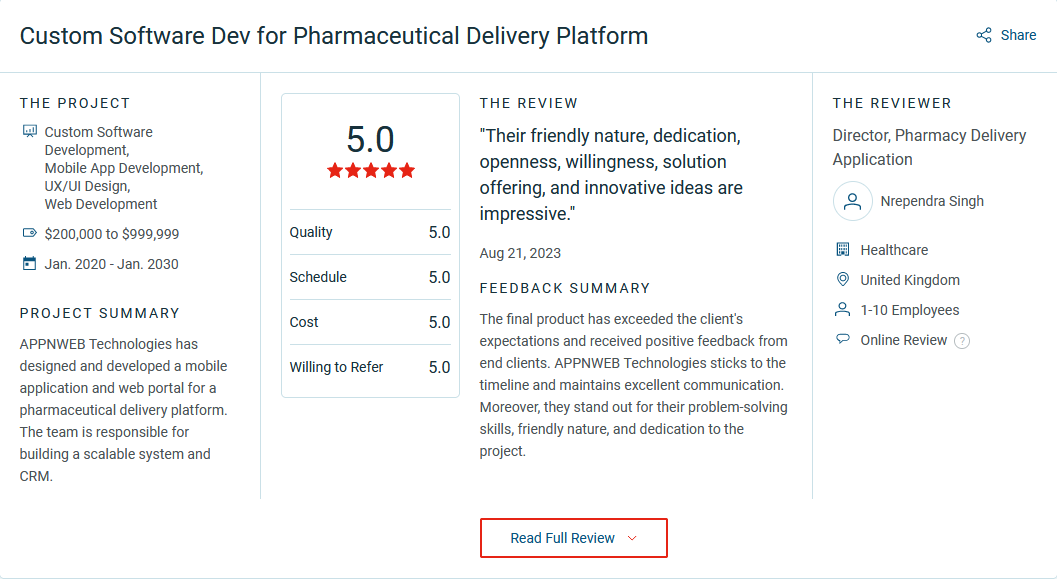
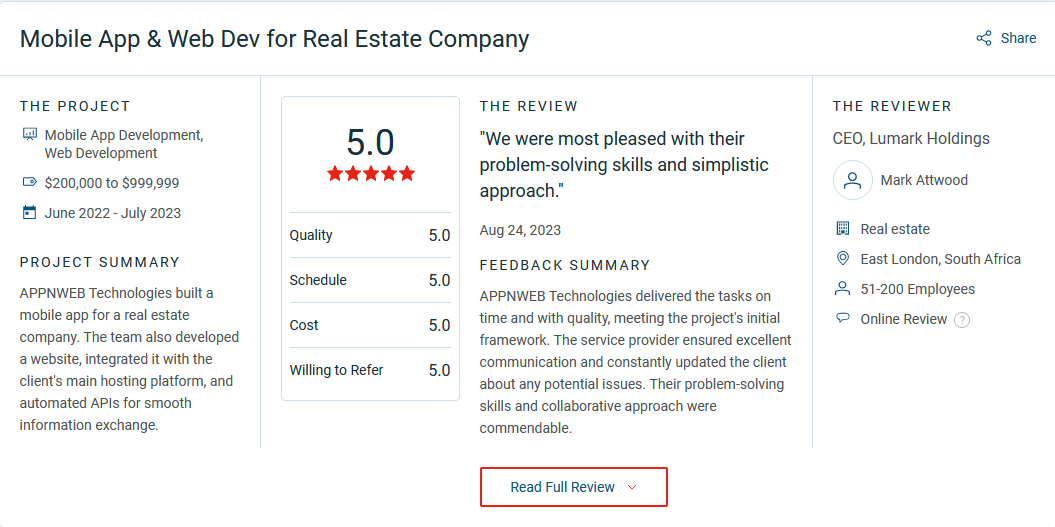
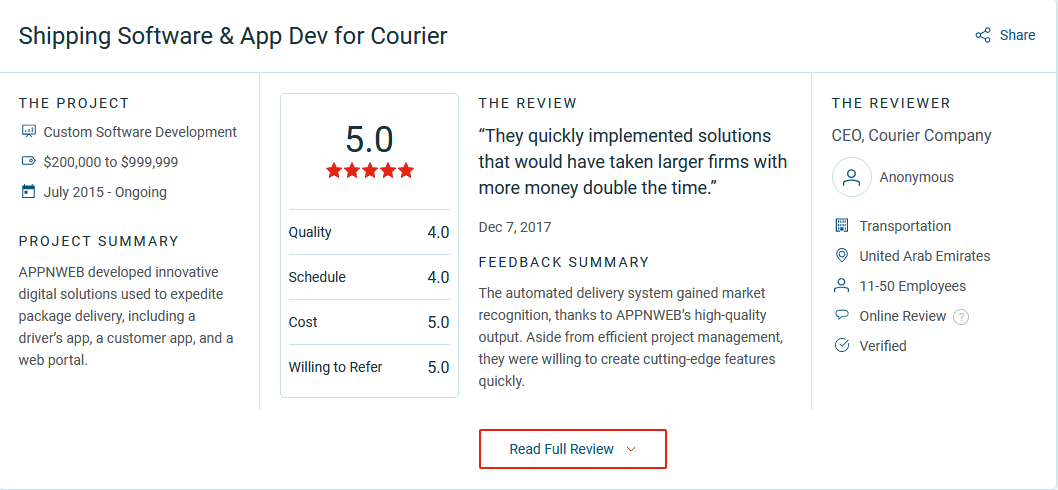
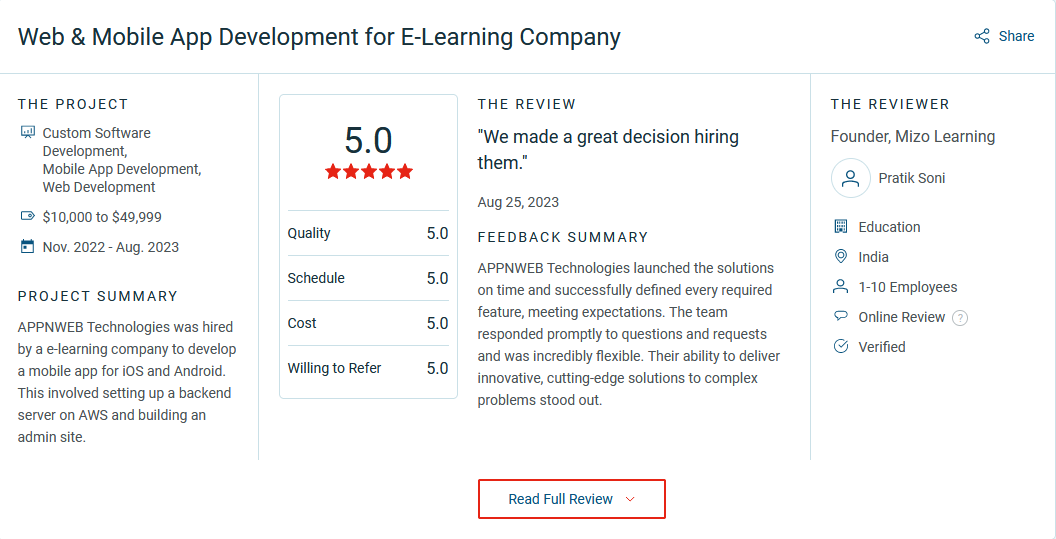
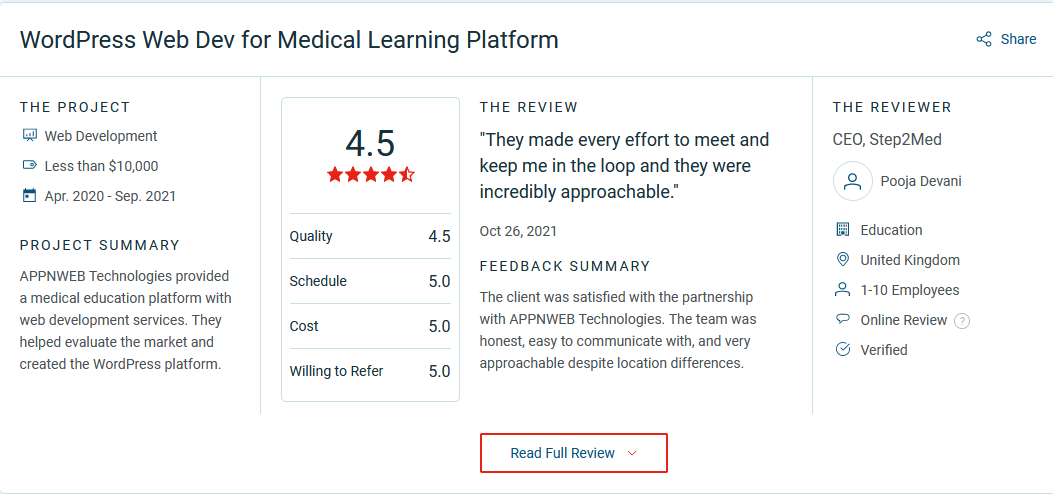












 Hire Craft CMS Developers
Hire Craft CMS Developers
 Hire Flutter Developers
Hire Flutter Developers
 Hire Blockchain Developer
Hire Blockchain Developer
 Hire WordPress Developer
Hire WordPress Developer
 Hire Magento Developer
Hire Magento Developer
 Hire Laravel Developers
Hire Laravel Developers
 Hire SaaS Developers
Hire SaaS Developers
 Hire Shopify Developer
Hire Shopify Developer
 Hire the Best Android Developer
Hire the Best Android Developer
 Hire PHP Developer
Hire PHP Developer
 Hire the Top 3% of Java Developers
Hire the Top 3% of Java Developers
 Hire Fully Vetted Angular Developers
Hire Fully Vetted Angular Developers
 Hire ReactJS Developers in India
Hire ReactJS Developers in India
 Hire iOS Developers in India
Hire iOS Developers in India
 Hire React Native Developers
Hire React Native Developers
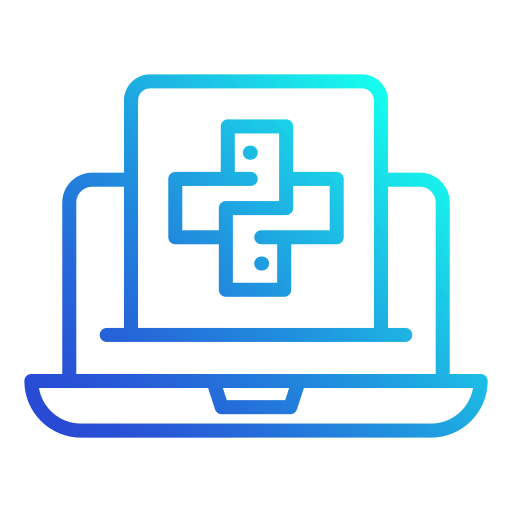 Hire Python Developers
Hire Python Developers
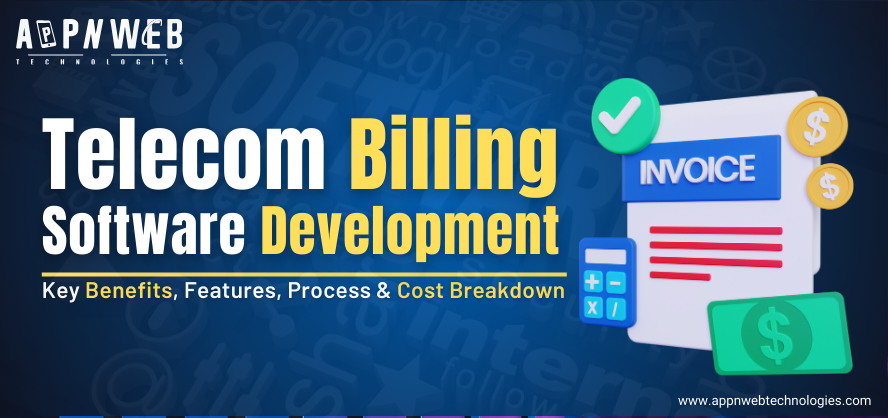
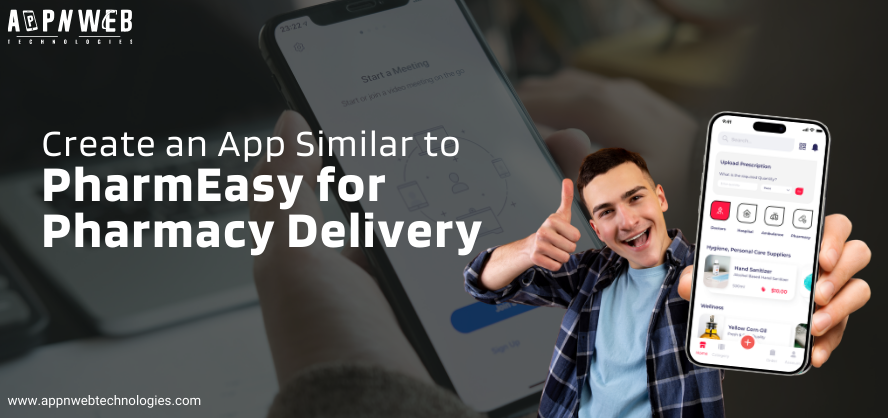














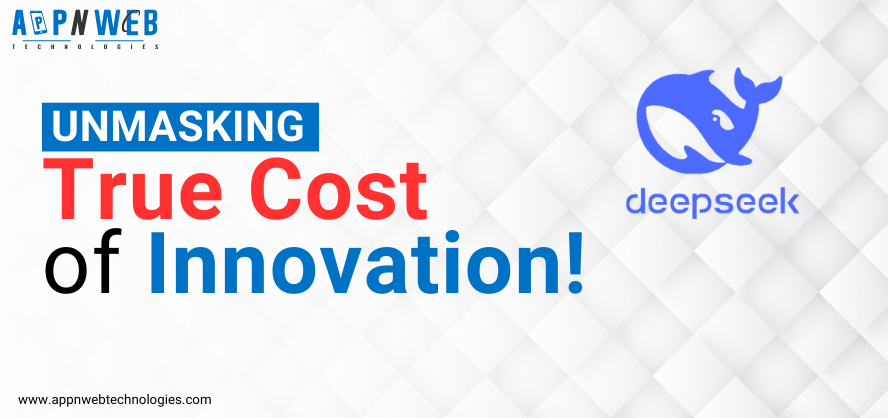


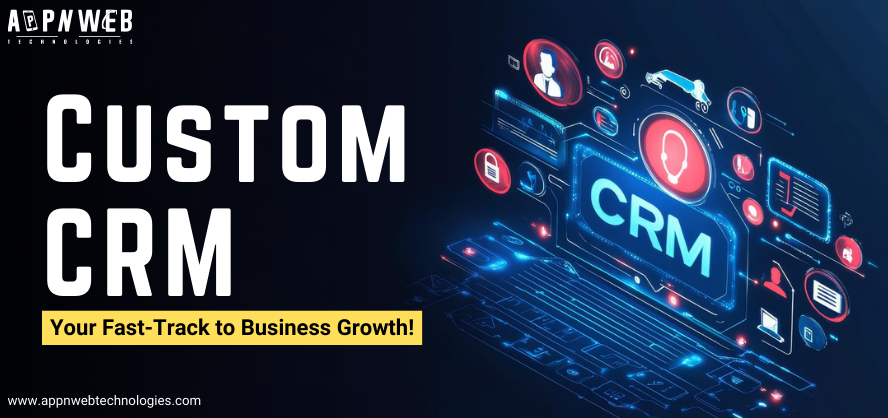

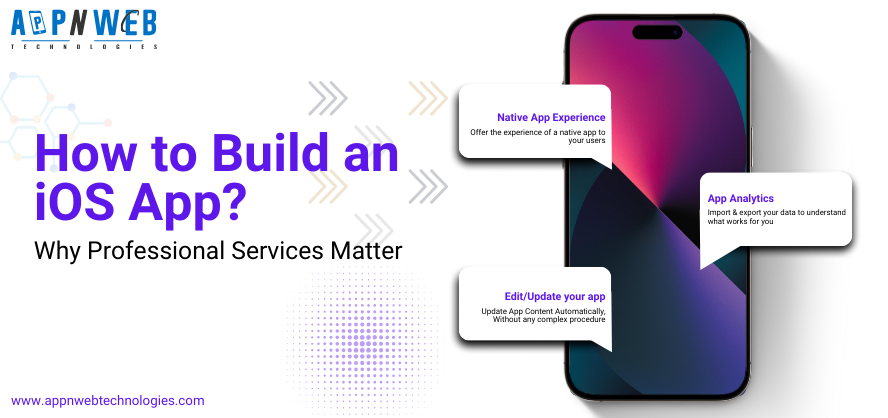
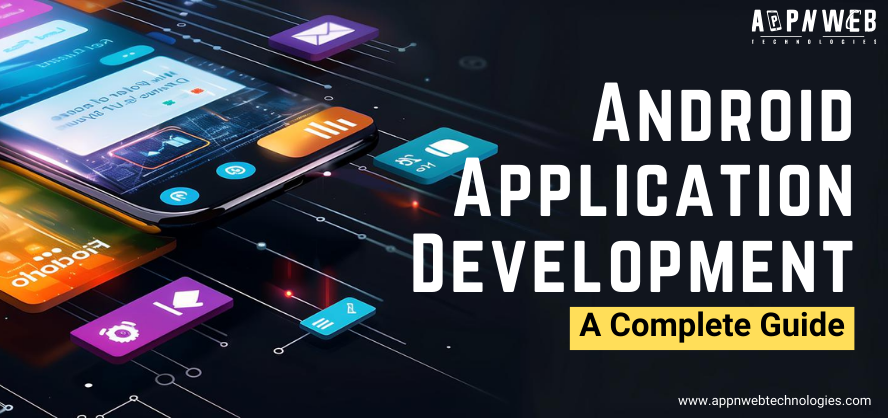




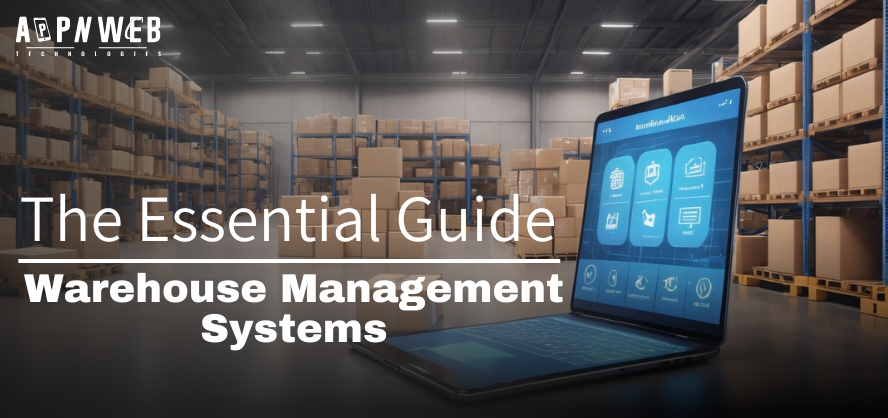
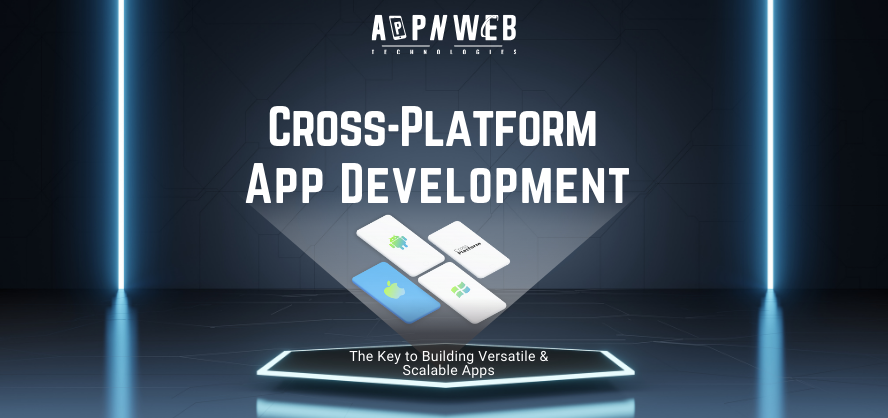
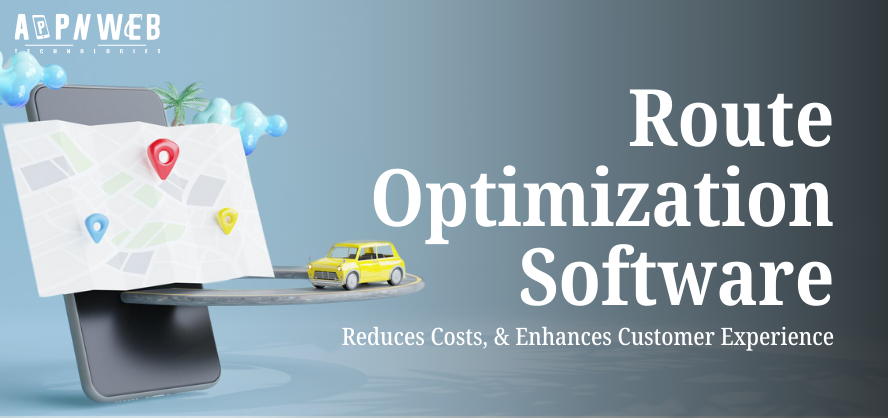



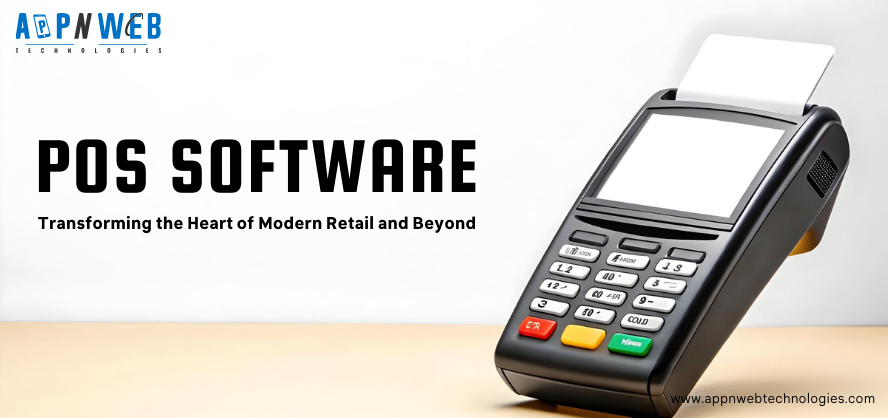
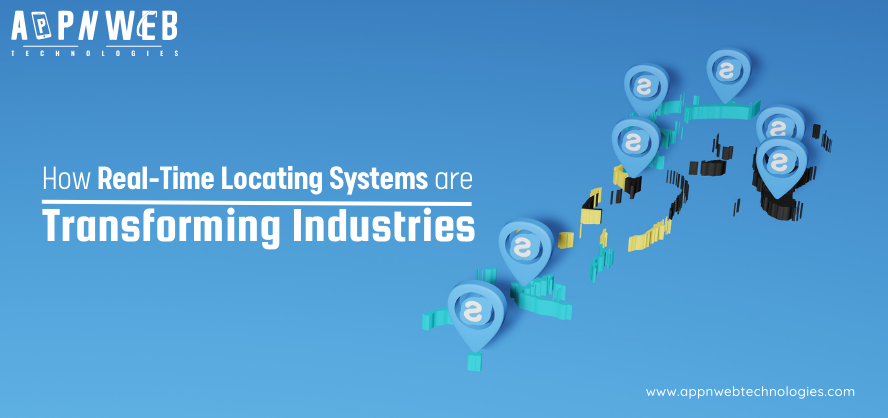

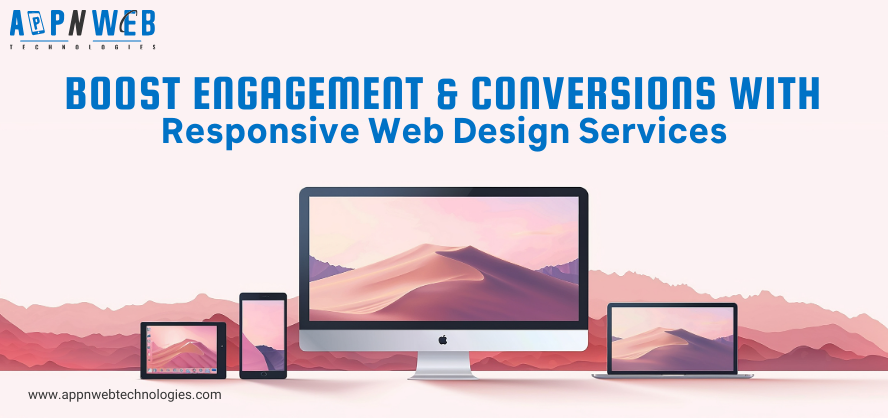



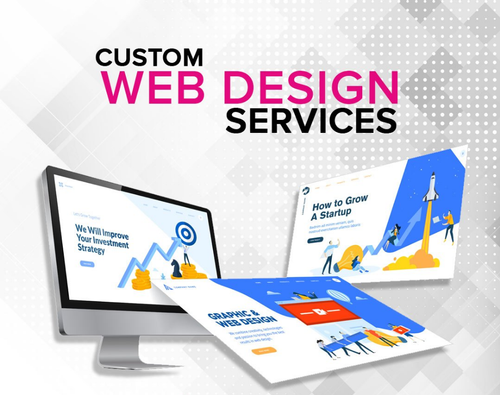
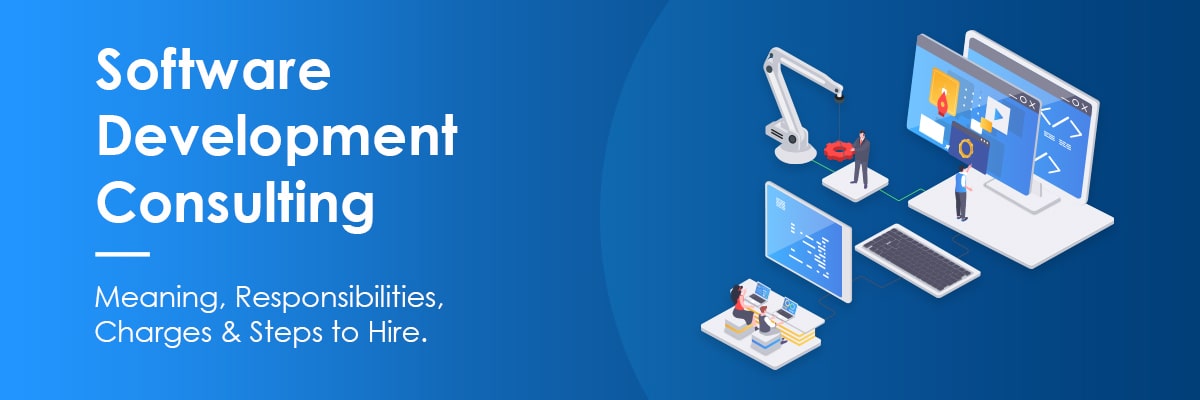
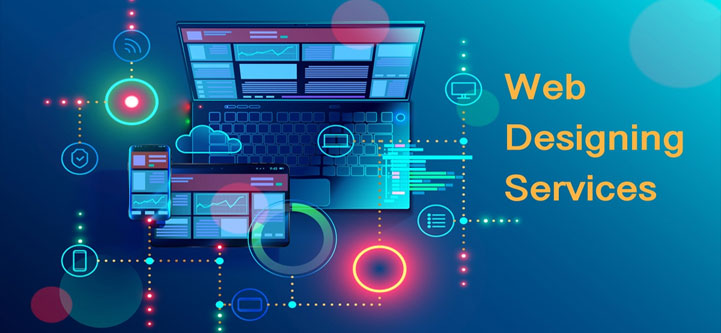
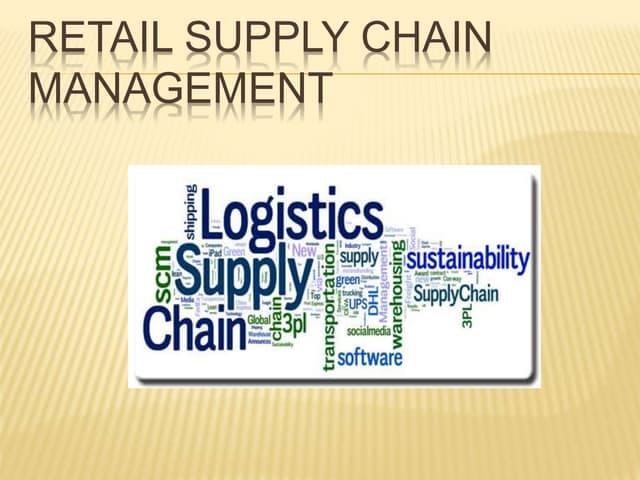
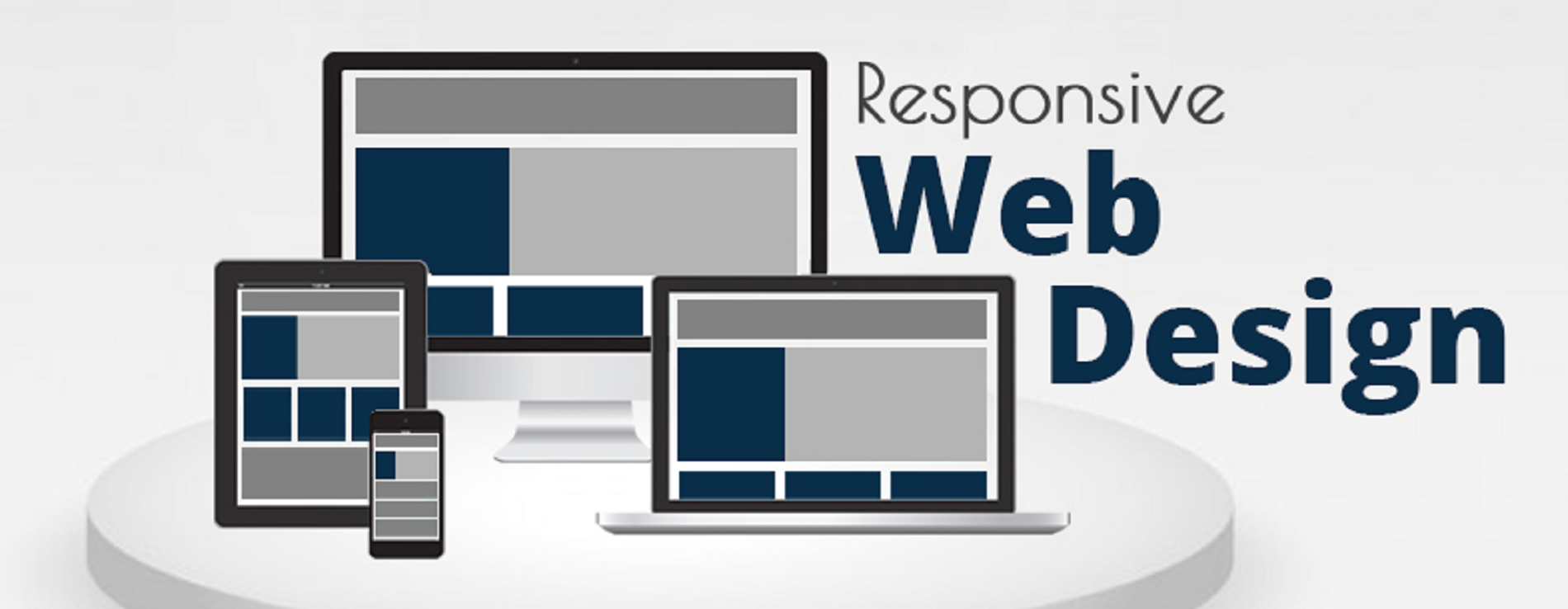









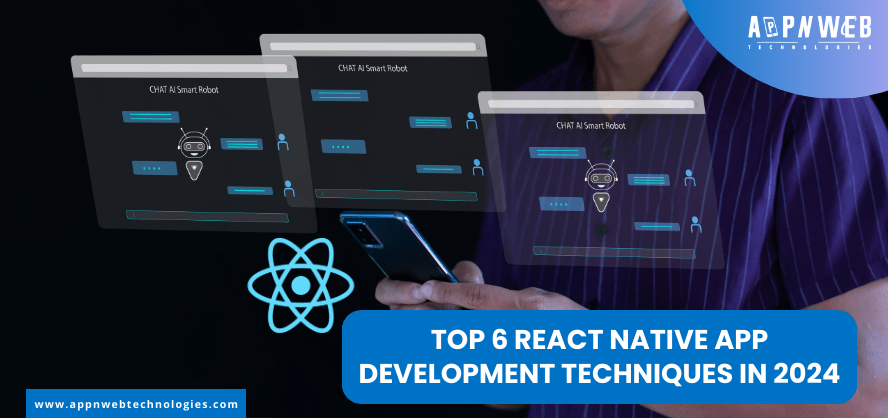

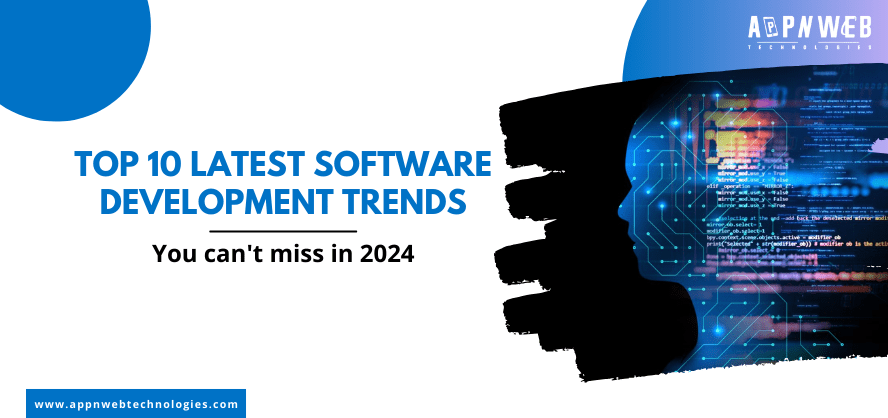



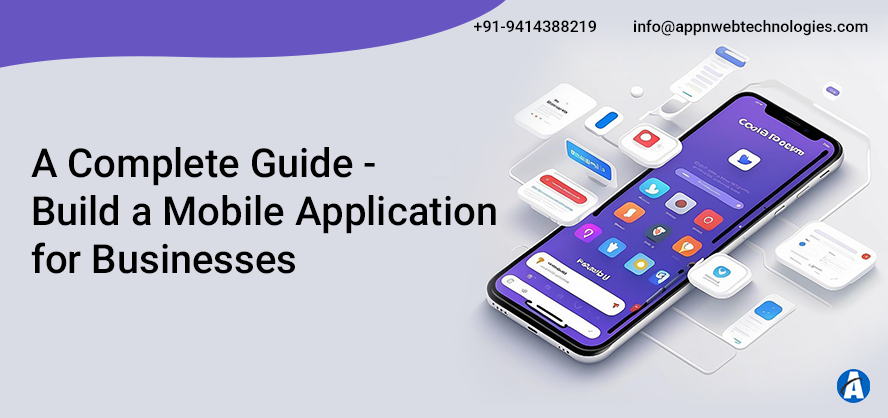
.svg)






